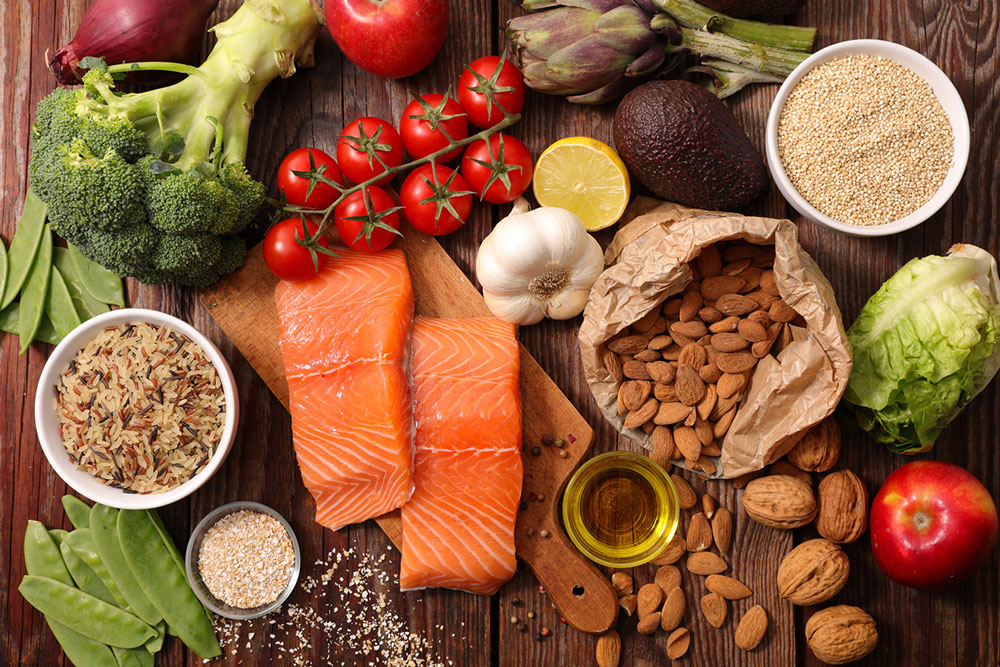Foods to have to help manage depression
Depression is a medical illness wherein a person’s moods, thoughts, actions, and emotions are adversely impacted by factors such as one’s biochemistry, genetics, personality, and environmental factors. It is a treatable disorder, but the stigma surrounding it has made most people hesitate to reach out for help. Once diagnosed, the individual can opt for medication and therapy as forms of treatment. Additionally, lifestyle and dietary changes go a long way in helping manage the condition.

Food plays a huge role in the way one feels about the day. It affects one’s moods, energy levels, and enthusiasm. A diet deficient in any nutrient is likely to leave one feeling weak, but a healthy, well-balanced diet can be a useful method of treatment for most diseases.
There is no such diet that can relieve a person from depression. However, there are certain diet plans or types of food that can definitely help a person deal with the symptoms of depression in a better way. The overall health of a person is also improved with a healthy diet. Given below are foods that must be had, or avoided, to help boost mental health and fight depression.
Molecules called free radicals are produced by the body normally, but these can damage the cells, lead to aging, as well as other problems. To be able to reduce the destructive impact of these molecules, one is advised to consume foods high in antioxidants. Sweet potato, broccoli, cantaloupe, apricots, spinach, carrots, pumpkin, peaches, and collards contain beta carotene.
Examples of rich sources of vitamin C include tomatoes, blueberries, peppers, potatoes, kiwi, broccoli, strawberries, oranges, and grapefruits, while seeds and nuts, wheat germ, margarine, and vegetable oils contain vitamin E.
It is recommended to choose the kind of carbs consumed wisely, as the nutrient is linked to the mood-boosting brain chemical, serotonin. One needs to avoid the intake of sugary foods which are considered to be simple carbs and consume complex carbs like whole grains. One can also opt for legumes, fruits, and vegetables that have healthy carbs and fiber.
It is important to keep in mind that protein-rich foods help boost awareness. Food items like tuna, chicken, and turkey are sources of an amino acid called tryptophan, which is believed to help one produce serotonin. One should consume meals that are rich in protein several times during the day, especially when they want to clear their head and boost their energy levels. Some of the food items that provide healthy proteins are peas, beans, yogurt, soy products, milk, fish, poultry, low-fat cheese, and lean meats.
Aside from these, there are food items which aren’t the best for one’s mental health, making it advisable to restrict their consumption. If one is suffering from depression, it is crucial for them to get a good night’s rest. Food and drinks that contain caffeine may cause anxiety in a person, making it difficult to go to sleep at night. Reducing the caffeine intake will help one fall asleep easier, thereby aiding in recovery.


